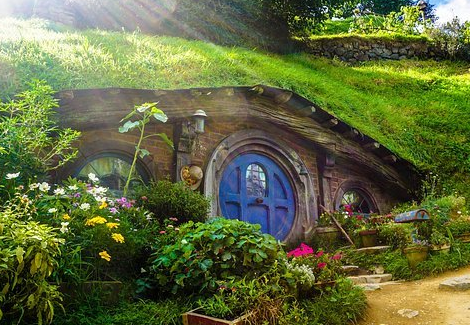How do you find certified Green Builder?
It’s not uncommon to find a reliable “green home list” or “green page” in specific areas, so choosing a high-quality general contractor with experience building efficient homes can be challenging. Here are some tips on where to look, what to look for, and what to avoid.
First, start by searching online in your local area (nearest town or city) along with words like Passive House, LEED, ZNE, Passive Solar, Green Builder or Green-home builder.
Passive House and LEED are both green building certification programs, but even if you don’t want to bother certifying a home, finding a builder who has built a Passive House, LEED, or ZNE certified home is a good idea because they will know and understand the importance of the basic finishing details of a high-performance home.
There are no approved “builders”, only approved buildings;
Any builder who has successfully navigated the pas will be familiar with the green home building industry, so it’s a good bet when looking for a contractor who knows how to handle sealing windows and doors properly, for example, which is an essential part of building a more efficient home.
Choosing a contractor by doing a web search for “green builder” with your local area will in no way guarantee quality and experience, but it will narrow the search a bit because “friendly” builders will definitely market themselves in this way (as they do) some shady unfortunately, so keep going. cautiously). Apart from that, you can make some calls to the local builders to see what types of homes they are building and ask some basic questions to get a feel of their level of knowledge.
What Questions to Ask When Choosing the Green Builder?
Here are some good questions to start with, and many of the answers you should hear from candidates are highly relevant.
- Do you build high performance/energy saving homes?
- Do you build airtight homes?
- Do blow door tests run?
- Do you do energy modeling?
- What do you do to avoid a thermal dam in the walls?
- What are your favorite types of insulation?
- What type of wall mounting do you recommend?
- What is the most important feature in the home that affects energy efficiency?
- Why do many basements smell mildew?
The answers you receive will quickly indicate the type of constructor you are talking to; Either they will forward the question, reject it, or dodge, or they will answer with confidence. If you’ve been told any of the following – “You want your walls to breathe”, “You don’t want the house to be too airtight” or “Building code is all you need” you’ll know you’re dealing with a base level builder who wants to stay the course, not a player In the top league for building performance.
You can prepare by doing some research on our pages on home performance, ventilation, durability, etc., so you’re armed with some information when making the calls. When you sign a home building contract with a contractor, you’re off on a very long journey together, so having a good relationship is very important at this point. A good builder should respect your goals in terms of performance, durability, air quality, etc., rather than trying to frustrate you with them.
Basic building science is not a bewildering realm populated only by physicists and engineers; For the most part, common sense is available to all of us. And just because someone has built homes for two decades doesn’t automatically mean they understand all of the home’s durability and performance issues.
Architects, designers and technologists:
Another way is to start with a home designer who has experience with performance homes, as they may have local builders they can recommend. The same goes the other way; If you find a creator that you really connect with, ask if they have favorite designers they can recommend.
If you find a potential candidate who can’t take on your project themselves, ask for recommendations as local performers with experience in Passive House, LEED, ZNE and Passive Solar Homes often know each other – they’ve often been on the same courses.
Source: Reliable Green Home Builders


